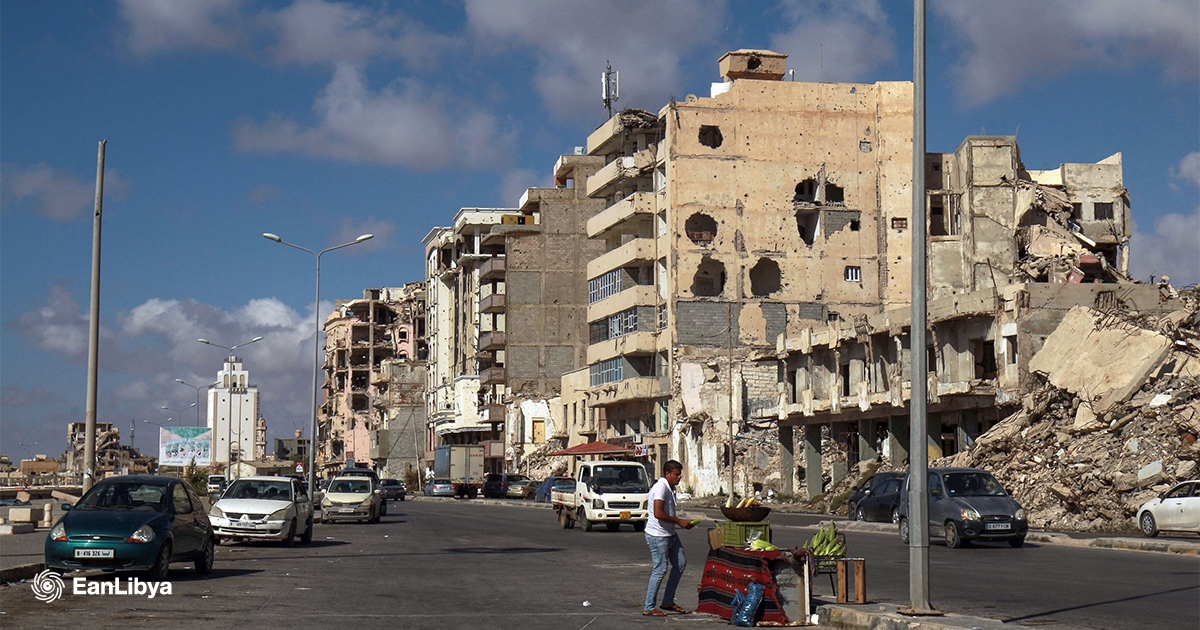Former police officer, Brigadier General Prasetijo Utomo, is not backing down from his dismissal as a result of corruption allegations. In fact, he is taking the fight to his former bosses at Indonesia’s Corruption Eradication Commission (KPK). Utomo has filed a lawsuit against the KPK, arguing that his dismissal was unfair and unconstitutional. This lawsuit is yet another example of the ongoing tensions between the KPK and the police, and highlights the challenges facing Indonesia in its fight against corruption.
An ongoing power struggle in Indonesia has led to a former National Police general being dismissed from a concurrent position at the Corruption Eradication Commission (KPK) and, subsequently, filing a complaint with the commission’s supervisory board. Brig. Gen. Endar Priantoro alleges that the KPK chief, Firli Bahuri, and secretary general, Cahya Harefa, violated ethics by relieving him of his duties as KPK investigations director against the wishes of National Police Chief, Gen. Listyo Sigit Prabowo. The latter supposedly signed a letter calling for Priantoro’s tenure at the KPK to be extended for another year.
The power struggle has observers suggesting that its outcome could influence the 2024 election. Endar’s dismissal may signal a rift between the KPK and National Police, which could affect the public’s confidence in the country’s law enforcement agencies. The KPK was established in 2002, following a series of devastating economic crises, to eradicate corruption in Indonesia’s public sector. In the years since, the KPK has investigated and prosecuted numerous high-profile corruption cases that have implicated politicians, public officials, and business executives, earning it a reputation as one of the most powerful institutions in the country.
Indonesia’s political landscape is notoriously fractious and family connections and political alliances frequently influence political appointments. Listyo, the current National Police chief, is a close associate of Indonesian President Joko Widodo, who has been tasked with pushing through a series of bureaucratic reforms during his tenure. Endar’s complaint may prompt an investigation into whether the President and the National Police chief have interfered in the KPK’s work, a concern that has been echoed by critics of the government.
Endar’s removal from the KPK followed the dismissal last year of the commission’s deputy chairman, Laode Syarif, for ethical violations. Syarif was investigated for watching pornographic content found in a USB drive in his office at the KPK by another KPK deputy chairman, Nawawi Pomolango, who reportedly had been a rival of Syarif’s. The incident raised concerns about the commission’s internal politics and the need for transparency in its operations.
Endar’s complaint may be just the latest in a series of moves by political insiders aimed at shaping the KPK’s future. The commission’s authority and autonomy have been threatened repeatedly in recent years, with many in Indonesia’s political elite advocating for its abolition. Critics of the government argue that rolling back the KPK’s powers would hinder efforts to combat corruption in Indonesia’s public institutions.
The power struggle at the KPK continues to play out against a backdrop of rising public anger over corruption in Indonesia. In recent years, public outrage over corruption has led to large-scale protests and increased pressure on authorities to investigate and prosecute those accused of wrongdoing. As the 2024 election approaches, it is likely that corruption and the role of the KPK will be key issues that feature prominently in the country’s political discourse.


